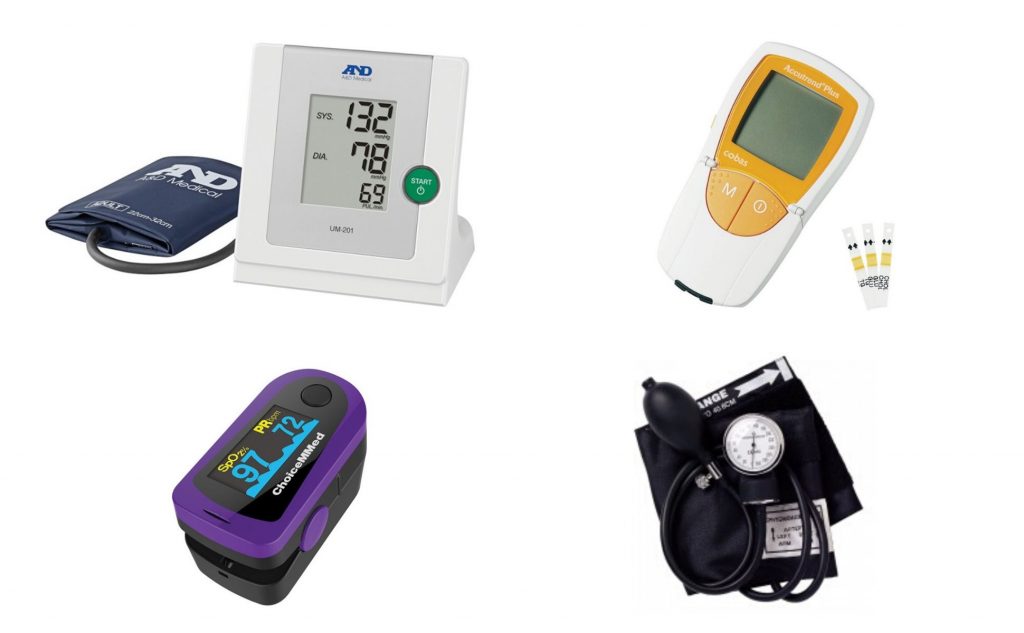There’s a lot more to our blood than meets the eye. We are each part of one of many different blood groups, each with its own qualities.
What differentiates each type is crucial when it comes to blood transfusions. Not all groups are compatible and some are far rarer than others; hence the ongoing need for donations of each type.
The NHS states that it needs 400 new blood donors a day to meet the transfusion demand across the country.
Knowing your blood type can help yourself and others. There will be times when particular calls are put out for certain blood types when shortages occur. Should you have the type in demand, you’ll then have the opportunity to help out.
So what’s the difference?
Blood groups are determined by the presence and absence of certain antigens and antibodies.
Three key ingredients are found in our blood: red blood cells, white blood cells, and palates that reside in plasma.
The proteins found in plasma are called antibodies. They work in conjunction with the body’s immune system, triggering it upon the detection of foreign substances. This includes the presence of foreign blood, which is why finding a compatible blood type for a transfusion is so important.
The compatibility of blood groups

While there are four main blood groups, the existence of hundreds of antigens means there are in fact many more, much rarer, groups too.
The primary blood groups are defined by the ‘ABO system’. Each group, or type, contains the following:
- Type A: A antigens and -B antibodies.
- Type B: B antigens and -A antibodies.
- Type AB: both A and B antigens, no antibodies.
- Type O: no antigens, both -A and -B antibodies.
The Rh factor
Blood groups are defined further by the presence, or absence, of the Rh (Rhesus) protein; dividing the four ABO groups into eight main types.
Common and rare types
The O blood group is the most common. The NHS states that almost half of the UK population has this group which, due to its lack of A and B antigens, can be safely donated to all other groups.
Pairing incompatible blood types can prove fatal. When this happens, the body produces antibodies that attack the new blood, identifying it as invading cells. This can cause vital organs to fail.
Monitoring blood

Our blood can tell us a lot about our body. Blood pressure monitors and pulse oximeters are two common medical tools used for health assessment and diagnostics.
There are two types of blood pressure monitor: digital and aneroid. Many home-use pressure monitors are used in hospitals due to their low cost and the simplicity of their operation.
Pulse oximeters provide a quick and simple way to measure the blood’s oxygen level and pulse rate. Small and compact devices are widely used across hospitals and GP surgeries, as well as in the homes of individuals who need access to accurate on the spot readings.
Glucose and cholesterol kits also provide convenient and accurate blood analysis for the rapid detection of cardiovascular risk.
At First Aid Warehouse you’ll find a wide range of blood monitors and kits. We can also offer discounts for bulk and repeat orders. Contact us for further details.




